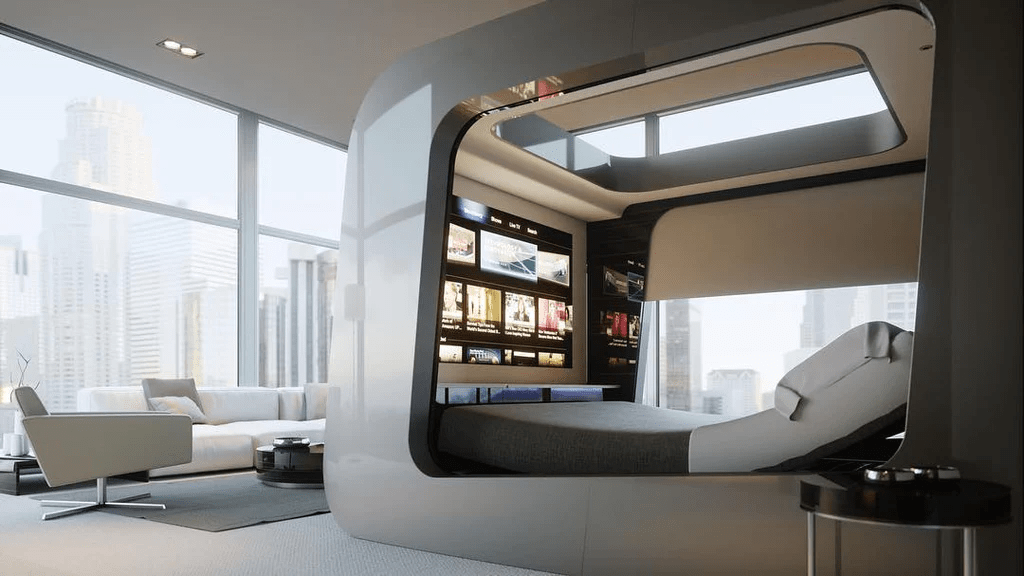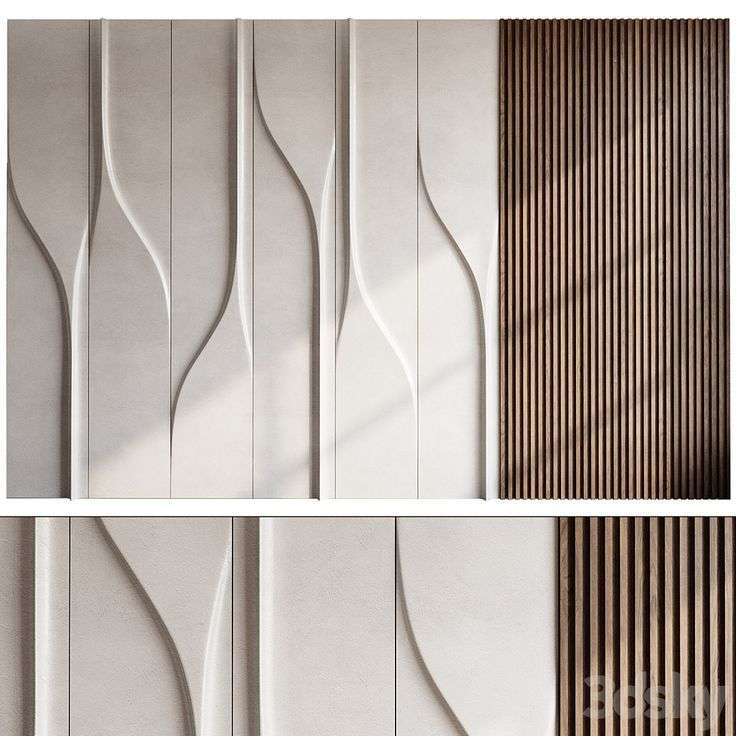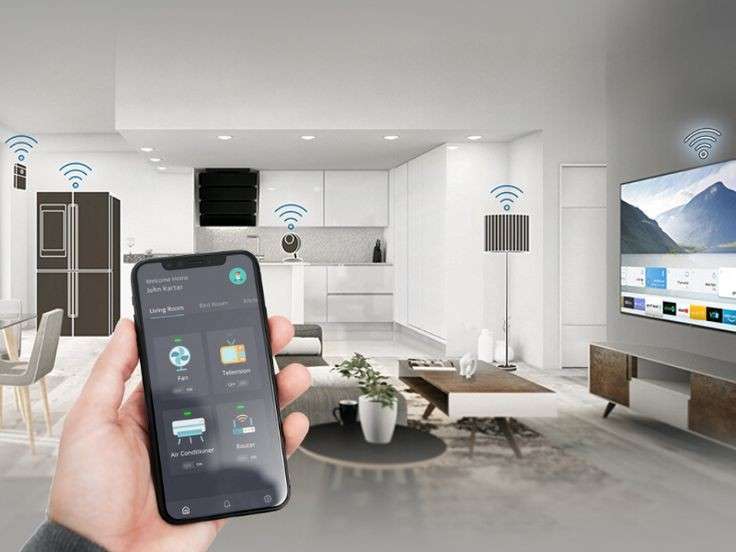As homes get smaller and technology becomes more integrated into everyday life, the demand for intelligent, space-saving, and multifunctional furniture is rising. Smart furniture isn’t just about aesthetics—it’s about enhancing lifestyle through convenience, innovation, and adaptability. From beds that adjust to your sleep patterns to desks that power your devices, smart furniture is redefining how we live and interact with our spaces.

What is Smart Furniture?
Smart furniture blends design, technology, and function to create pieces that are interactive, connected, or multi-use. These innovations range from automated features to built-in charging ports and modular adaptability. Smart furniture goes beyond just being “techy”—it’s designed to solve real-life challenges like limited space, productivity, wellness, and comfort.
Space-Saving and Multi-Functional Designs
One of the most exciting aspects of smart furniture is its ability to adapt to compact spaces. Think of wall beds that transform into desks during the day or coffee tables that lift to become dining tables. These multifunctional pieces are perfect for urban living and tiny homes, offering maximum utility without compromising style.
Convertible sofas, nesting tables, and modular shelving systems let users customize their furniture based on changing needs. The goal is flexibility—furniture that works harder for you and evolves with your lifestyle.
Integrated Technology
Smart furniture often includes built-in tech features that enhance daily routines. Beds now come with sleep-tracking sensors and adjustable firmness settings. Nightstands can charge your phone wirelessly and wake you with soft lighting or soundscapes. Desks are equipped with USB ports, Bluetooth speakers, and even height-adjustable motors that promote healthy posture during long work hours.
For entertainment lovers, smart coffee tables may include refrigerated drawers, Bluetooth speakers, or LED lights—transforming living rooms into multifunctional hubs.
Health and Wellness Integration
Well-being is a key focus in modern home design, and smart furniture contributes by supporting physical and mental health. Ergonomic chairs with posture correction sensors, mattresses that adjust temperature, and sit-stand desks that encourage movement are now widely available.
Some innovations even use AI to analyze user habits and optimize comfort or energy use. For instance, smart recliners can massage specific muscle groups based on your stress levels, while smart mirrors offer guided workouts and skincare analysis.
Sustainability and Efficiency
Many smart furniture brands prioritize eco-friendly materials and energy-efficient technologies. Solar-powered charging stations, responsibly sourced wood, and durable, long-lasting materials ensure that innovation doesn’t come at the cost of the planet. Smart thermostats integrated into furniture pieces help regulate room temperature without additional appliances, saving energy and space.
Customization and User Control
Smart furniture also offers personalized experiences. Through mobile apps or voice assistants like Alexa and Google Assistant, users can control lighting, adjust seating positions, or schedule routines. Imagine setting your bed to warm up before you get in or your work desk to remind you when to take a break—all from your phone or a voice command.
The Aesthetic of Smart Design
Functionality doesn’t mean compromising on design. Today’s smart furniture is sleek, minimal, and beautifully crafted. Designers are merging clean lines, contemporary materials, and natural finishes to ensure these pieces fit seamlessly into any modern home. Whether your style is Scandinavian, industrial, or luxe-modern, there’s smart furniture to match your aesthetic.
Future Trends to Watch
The future of smart furniture points toward even greater automation and personalization. Expect to see more AI-driven features, biometric sensors, and voice-responsive designs. Furniture may soon adjust lighting and temperature based on your mood or sync with your wearable tech to anticipate your needs before you even make a request.
Collaborations between tech companies and furniture designers are on the rise, leading to innovations that blend lifestyle, comfort, and futuristic flair.



